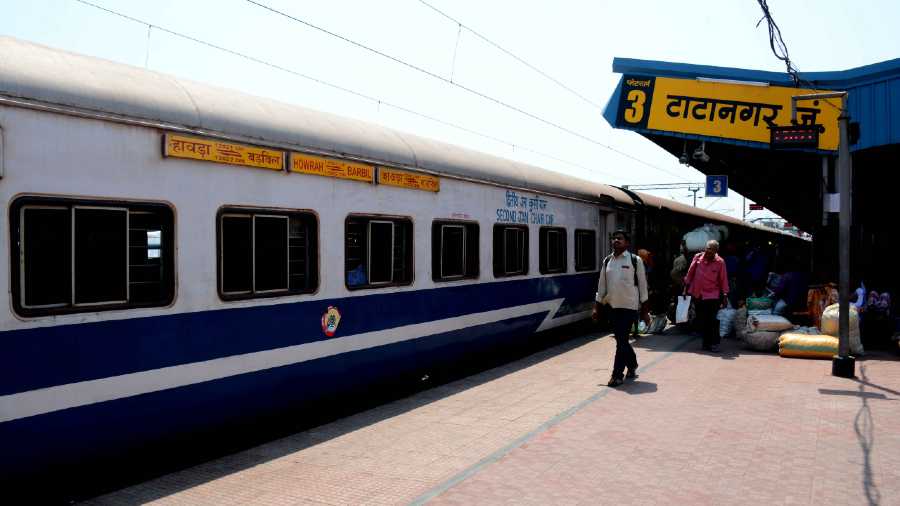Unbridled neo-liberalism, accentuated by measures like the demonetisation and the GST, and not the pandemic alone is to be blamed for the economic crisis, which comes amid government apathy and consumer passivity. Prabhat Patnaik, emeritus professor of economics at JNU, dissects the triangular crisis and charts the way forward. Excerpts:
India faces a terrible economic crisis. The unemployment rate is highest since 1947 and the medium and small industries are gasping. How would you compare this with earlier crises?
Yes, this crisis is unprecedented in its severity. In fact, the unemployment rate is even higher than appears at first sight, because the labour-force participation rate has also declined as many workers are too discouraged even to look for work and hence do not count as unemployed.
The present crisis also differs in nature from all previous crises in independent India, as it is a crisis of insufficient aggregate demand, and such crises are specific to a neo-liberal economy.
Earlier, during the dirigiste era, crises occurred only in periods of food or foreign exchange shortage: any deficiency of aggregate demand could be overcome through larger state spending, unless such spending was constrained by a shortage of food or foreign exchange.
The earlier regime, thus, could not possibly have had crises arising from a general deficiency of aggregate demand, unrelated to any supply bottlenecks. Crises arising from deficient demand are specific to neo-liberalism because it has two distinct features: one, it shifts income distribution away from the working people towards the rich, thereby reducing demand (since the rich consume less from a rupee transferred to them than the poor from whom it is transferred); and two, government spending is not allowed to offset this deficiency because the only two ways of financing such spending that could offset such deficiency are both disallowed.
One is a larger fiscal deficit, but there is a constraint upon its size relative to the GDP; and the other is through taxes on the rich which neo-liberalism frowns upon (higher government spending through taxes on the poor does not add to demand, it simply shifts demand from the poor to the government).
What is also unprecedented is the government's apathy. Not only has it not announced any specific plan or programme to tackle the crisis, it has avoided any expression of sympathy or concern. Why this ostrich-in-the-sand attitude?
The crisis is not caused by the BJP government; though far from alleviating it the government has accentuated it through mindless measures like the demonetisation and the GST. The crisis in India is part of a global crisis that is symptomatic of neo-liberalism having reached a cul-de-sac.
The reason the crisis took so long in coming (after all, growing income inequality and government incapacity to intervene through fiscal means, both features of neo-liberalism, have been there for a long time) was the existence of asset-price “bubbles” in the US: the “dot-com bubble” in the nineties and the “housing bubble” this century.
Such “bubbles” are caused by speculation which raises asset prices way above their true value; they give people a spurious feeling of being wealthier, and hence artificially boost demand. But they invariably collapse. With the collapse of the “housing bubble” the world economy has sunk into a prolonged stagnation which is affecting India as well.
What could be the political and social consequences of this prolonged stagnation?
Because of this prolonged stagnation there is a global rise of neo-fascism, which neo-liberalism, engulfed in crisis, encourages and makes an alliance with, precisely for changing the discourse away from people’s livelihood issues towards stoking hatred for the “other”, typically some hapless minority linguistic or religious group.
This is happening in India as well. So, what you call the “ostrich-in-the-sand” attitude of the government is precisely what appeals to Indian and foreign big business. The government defends and advances the interests of big business — (even to the point of wanting to privatise the railways and the LIC) at a time when big business would otherwise have been in the eye of the storm — under the cover of promoting hatred towards a minority.
Subhoranjan Dasgupta is professor of human science










